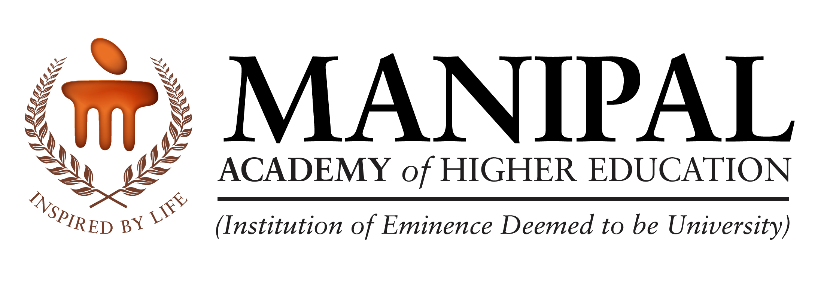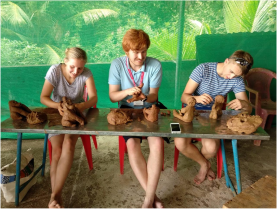
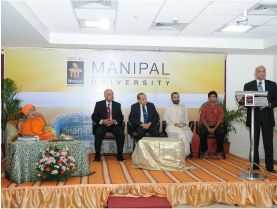
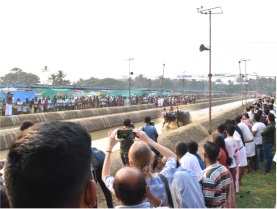
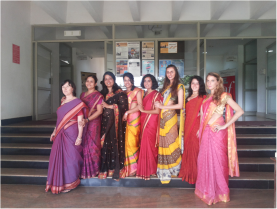
Philosophy Reinterpreting India: Perspectives from Literature, Culture and Morality
India, a nation and culture, specialised in seeking and spreading the light of knowledge all over the world for several millennia, is also etymologically bhā (wisdom) + rata (passionate) – ‘Bhārata’. Through an in-depth engagement with philosophies, literatures and cultures of India, and an immersion in its religions, languages, practices and places, cultural enthusiasts of globalised world can not merely understand India but also gain an insight into their selves. Hence, this international summer school attempts to revisit the classical literatures, cultures and philosophy of India to render interesting views on contemporary contexts. The summer school introduces India through various socio-political perspectives and provides an opportunity to engage with diverse languages and cultures of the region.
Learning Outcomes
- exhibit a preliminary understanding of Indian philosophy and literature
- identify social, moral, religious and linguistic aspects of Indian culture
- establish the interrelationship between classical and contemporary Indian society
- demonstrate conversational knowledge of Sanskrit and Kannada
Course Content
Indian culture and society – Indian ways of thinking, debates on gender, caste and identity; Indology – introducing orientalism and postcolonialism, western and Indian encounters; Indian Literature and Aesthetics – Natyashastra and dramaturgy, Bhakti: devotionalism and poetics, contemporary Indian writings; philosophy of religion in India – God in Christianity, Hinduism and Jainism; Self and liberation – Bhagavadgītā and Upanisats; Indian knowledge systems – Navya-nyāya logic, Cārvāka materialism, reality in Buddhism and Vedānta; Ethics and epics – myth and morality in Ramayana and Mahabharata; Traditional education – Gurukula systems; regional languages and Sanskrit workshop; yoga & āyurveda philosophy and practice workshop;
Name of the Coordinators




Distinctive Features
- Integrating classical and contemporary Knowledge Systems of India (IKS)
- Interacting with traditional and modern cultural fabric of India
- Exposure to diverse languages, cultures, and religions of India
- Opportunity to gain practical knowledge of Sanskrit, Kannada, Yoga and Ayurveda
Offered by
Department of Philosophy (DoP), MAHE
